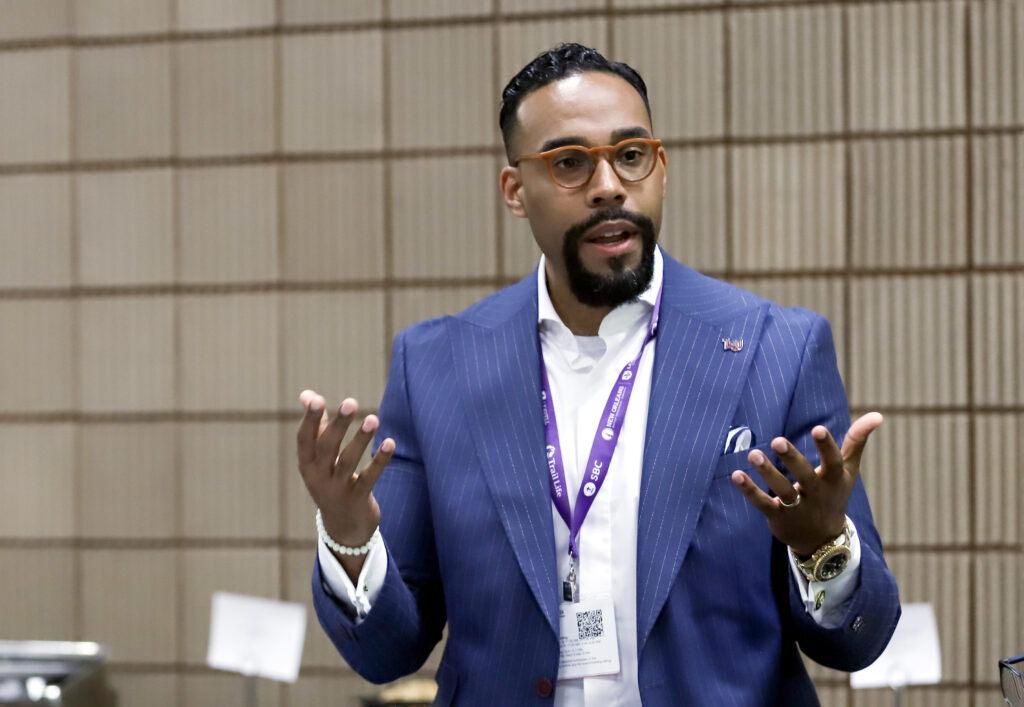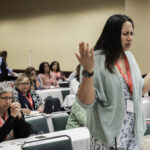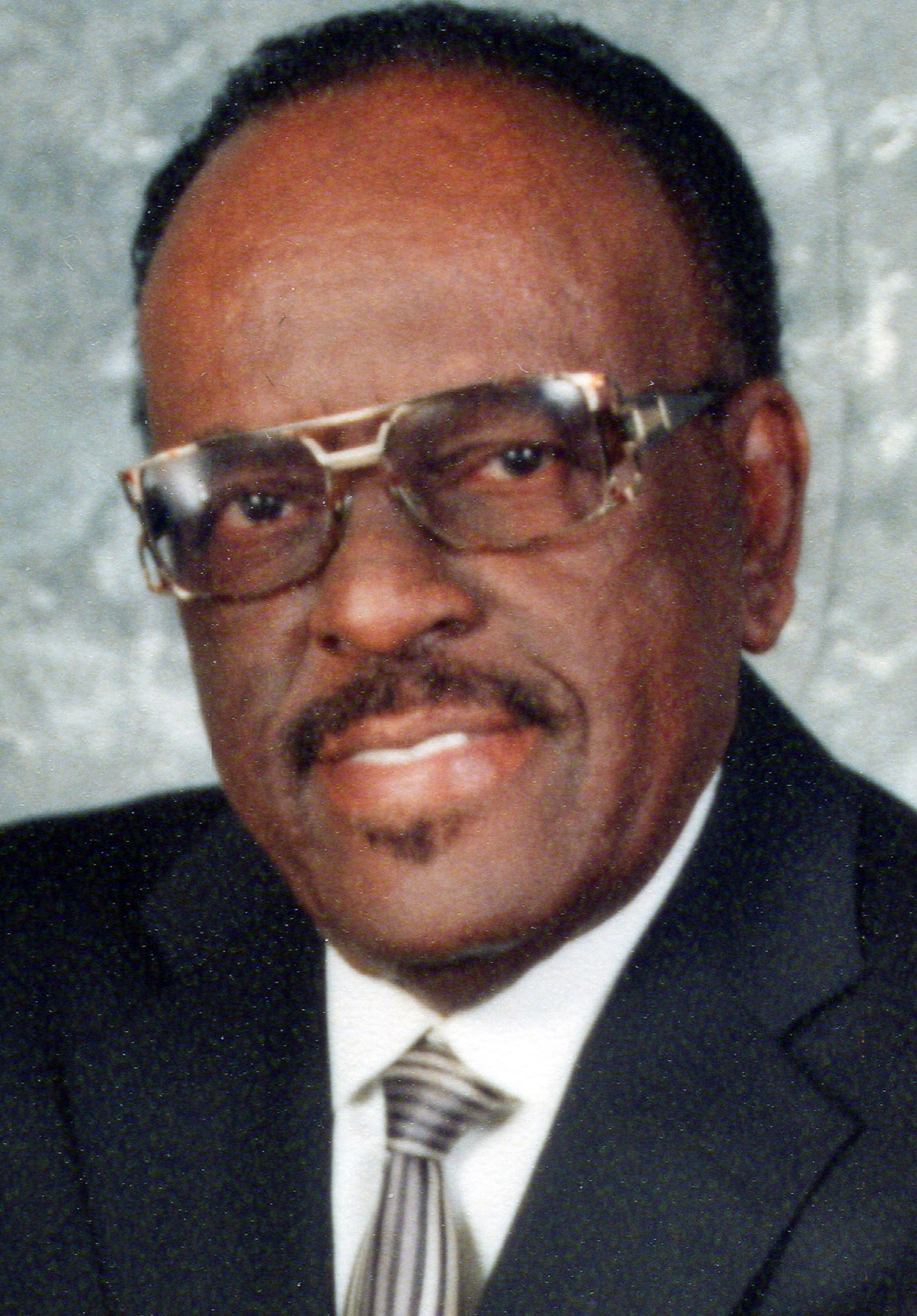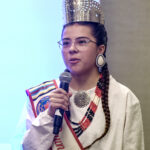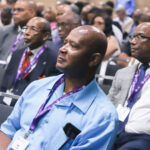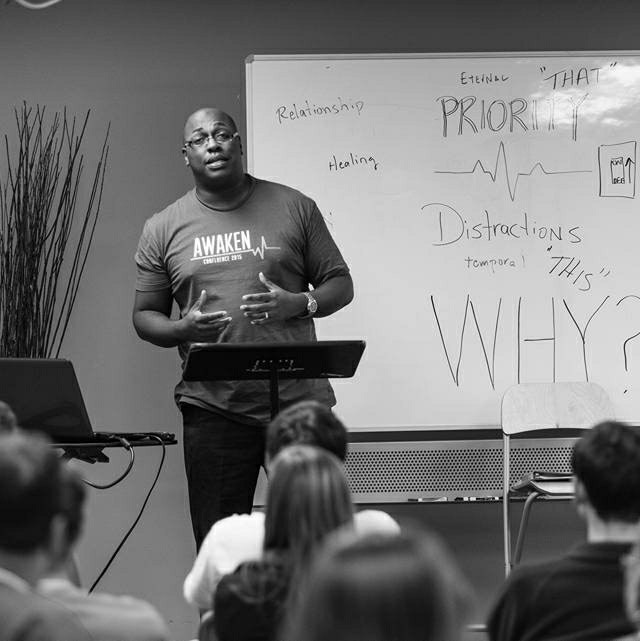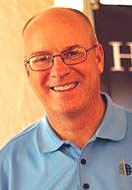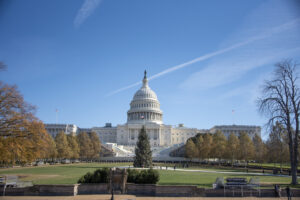
NEW ORLEANS (BP) – About 50 Brazilian pastors gathered for the first meeting of the Brazilian Pastors and Leaders Network on Monday night (June 12) at the New Orleans Convention Center.
The pastors represented Florida, Alabama, New Jersey, North Carolina, California, Virginia and Texas with some pastors traveling from Brazil to join their compatriots for the historic time in the life of the Southern Baptist Convention and Brazilian Baptists.
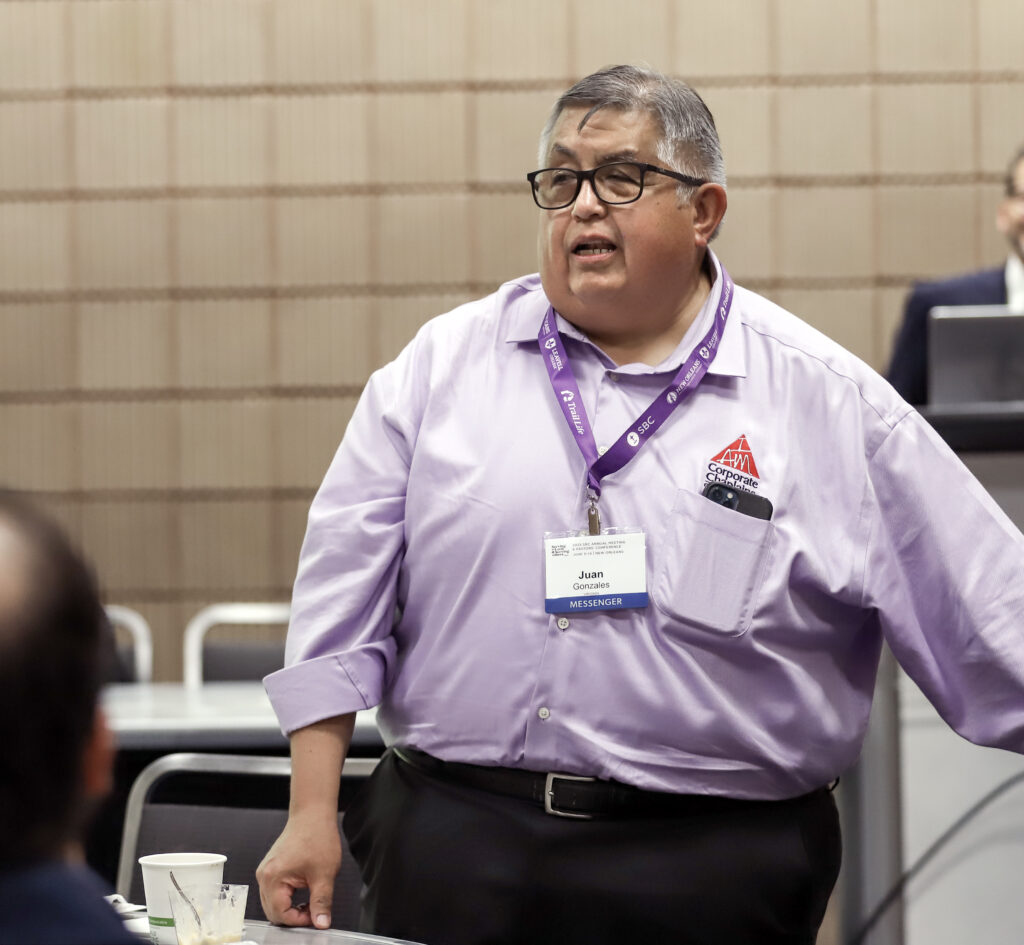
“It is the intent of the Executive Committee of the Southern Baptist Convention that Brazilian pastors and leaders not only feel welcome in Southern Baptist life but that you become a missionary force,” said Luis Lopez, SBC EC associate vice president for Hispanic relations. “This meeting is an opportunity to fellowship and get to know each other while dreaming of what the Brazilian church could become in the United States.”
The Brazilian Pastors and Leaders Network is composed of the Brazilian Baptist Pastors in North America fellowship and the Brazilian Baptist Churches Association (AIBBAN).
Fellowship president Ebenezer C. Dos Santos said that Brazilian pastors “are ready to work and partner with the SBC to reach more Brazilians for Christ.”
Santos estimates there are about 75 Brazilian Southern Baptist pastors active in the network and more than 100 Brazilian Southern Baptist churches and missions in the U.S. A third of Brazilian Baptist churches open today were planted in the last five years, he said.
Ney Ladeia, director of both the fellowship and the AIBBAN association, was also at the meeting.
During the gathering, the group heard from Miguel Perez, a language specialist and registered representative of GuideStone Financial Resources, and Ramon Osorio, the North American Mission Board’s ethnic-linguistic church planting director. Willie McLaurin, interim president and CEO of the SBC Executive Committee, stopped by to greet the group and tell them that they are essential to reach the nations for Christ.
Estimates of Brazilians living in the U.S. vary widely from 500,000 to 1.3 million, impacted by individual ethnicity classifications collected in the U.S. Census, according to various researchers including the Pew Research Center and the Migration Policy Institute.
The pastors and leaders had a time of prayer in which they asked God to unify them to work together to reach the world for Christ.
